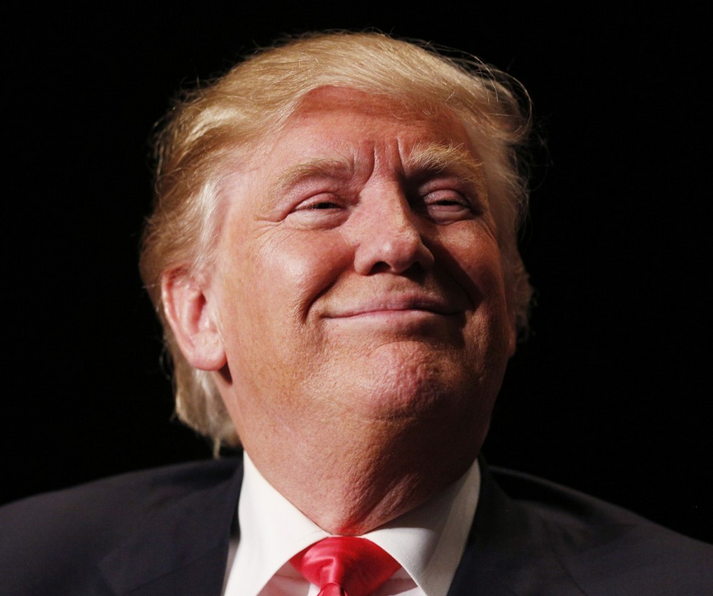
OK, so the US election. I can think of three broad scenarios.
1. Biden wins by a significant margin. The US economy crashes in late 2020, but eventually recovers. Everyone blames Trump, who moans for a bit and then either ends up in prison or goes bankrupt (again). Or maybe not (ex-Presidents generally don’t go to jail in the US). In this scenario, it’s more or less business as usual, largely because people can’t face any more upheaval, change or uncertainty.
There’s a spin on this, of course, which is that Trump says the election has been unfair and simply refuses to step down or he just leaves without a fuss (not really in his character).
2. Trump wins by a significant margin. The US economy crashes, the president goes rogue and possibly starts a war, most likely with China, in a hopeless attempt to regain domestic support. The war probably starts with an argument about Taiwan, Tibet , Hong Kong or the South China Seas. Whether there’s a war or not, the outcome of a second Trump term would most likely lead to chaos and social upheaval on a scale not seen since ’68. It would represent an ongoing victory for popularism and would certainly be exhausting mentally.
3. The election is too close to call (possibly because it’s been hacked again by Russia). It’s a re-run of the 2000 election with things ending up in the US Supreme Court. If Biden then wins things could turn really nasty for a while, but one suspects sanity would eventually prevail. If Trump wins, and especially if he wins having not won the popular vote, things could really turn weird and unstable, although one suspects that the US would not be alone in clinging onto democracy by a thread. This (what’s percieved as being a stolen election) would be the worse possible outcome in a sense, because it would give a giant thumbs up to every dictator around (notably Russia, China, Hungary, Turkey etc.) and question the role of democracy. If you can’t run a free election in the US, where can you run one?

The problem with the US popular vote is that you can think of it as about 5 or 6 large cities giving orders to the rest of a huge country, that they have little in common with and don’t appreciate their problems.
A recipe for lots of disruption.
I was thinking of deleting this pist, but I think I’ll add to it instead. I think a few countries have that problem – notably the UK, where’s it’s one city (London) and one region (South East). And let’s not forget that media and maybe even tech suffer the same issue.